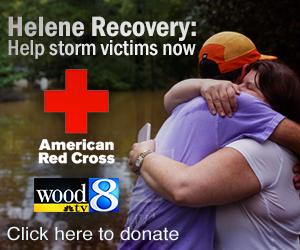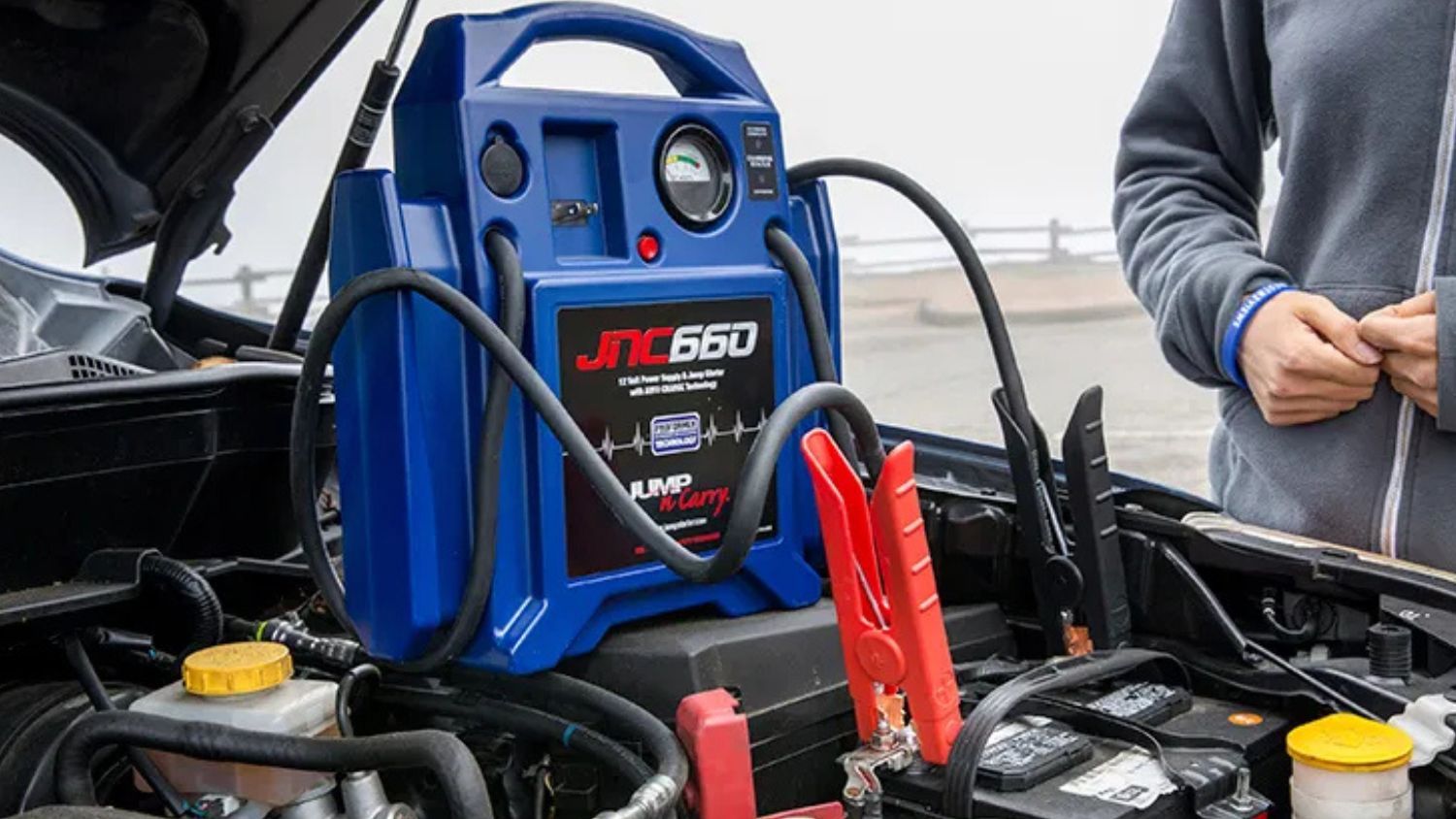GRAND RAPIDS, Mich. (WOOD) — Hundreds of volunteers with the American Red Cross, including dozens from Michigan, are responding to the devastation caused by Hurricane Helene.
“We are moving our volunteer force to provide aid and comfort to those people who are affected by the disaster with Hurricane Helene,” Red Cross West Michigan Chapter Executive Director Tony Gerheiser told News 8 Tuesday.
More than 900 Red Cross responders are working to offer shelter, meals, supplies and other support to people across the Southeast as Helene’s damage is assessed, the organization said.
From Michigan, 36 Red Cross volunteers have been sent to Florida, Georgia, North Carolina and Tennessee for two-week deployment terms. Four disaster response vehicles from Michigan have also been deployed to hard-hit communities to distribute water, meals and supplies.
“They’re driving the ERVs, emergency response vehicles, going to those locations that are devasted but do have accessible roads. And they’re doing mobile feeding. They’re providing water, they’re providing blankets and cleanup kits,” Gerheiser explained. “Those other volunteers are manning shelters. They are providing opportunities where people have a place of refuge, a place that they can be safe, they can be warm and have a little bit of comfort knowing that their meals are going to be taken care of. There’s going to be people there guiding them through the process of what the next steps may look like, providing them support.”
The Red Cross says on Sunday night, more than 2,600 people stayed in nearly 70 emergency shelters provided by the Red Cross and other organizations.
You can visit redcross.org/volunteer if you would like to serve. Volunteers undergo “rigorous” training, Gerheiser said.
“The volunteers we are looking for are people who just have the compassion to go and help others. We’re not looking for a specific skill set, but we would love for people to come in and help shelter and feed those people affected by disasters,” he said.
He added there are also volunteer options for people who cannot deploy. The Red Cross is in need of financial donations and blood.
“When you look at these types of disasters, they have a huge effect on everything. And with the American Red Cross providing over 40% of the nation’s blood supply, that has a big effect,” Gerheiser said. “If you can’t volunteer or can’t financially give to the American Red Cross to help communities, please donate: Find a local blood drive in your community.”










